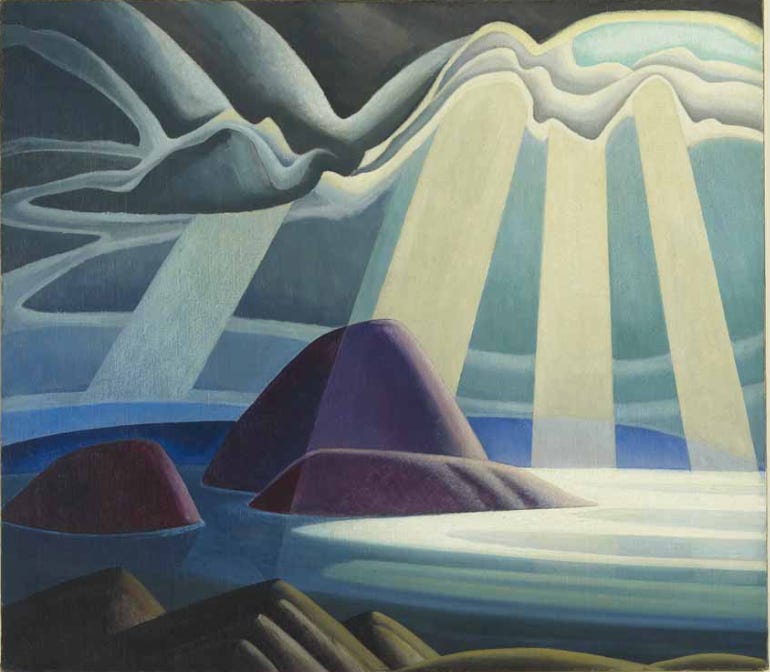You sewed a picture of your mother into the lining of your spacesuit. Like she was dead, or like you were dooming yourself. But the mission went smoothly. Your team placed a million vessels in orbit around the Sun, each bottling its share of light for consumption on Earth. Then you flew home to Moscow.
The Premier spoke about your accomplishment behind a battalion of flags. You watched while sitting beside your mother, on her minuscule screen, at her minuscule home, in the company of your eleven siblings, all sleepy and loose. “My own Dyson sphere,” she joked, pointing at the constellation of children she had created. The youngest poured tea for her, and she stiffened as the caffeine hit her bloodstream.
“What are we going to do with all this energy?” your eldest sister said. The nominal answer was: make for the nearest star. But suddenly household appliances were cheap and electricity was cheaper. Your mother bought a dozen vacuum cleaners and set you all to tidying. July: the sun boiled the sofa cushions. The energy thrumming from the appliances added two degrees centigrade. Everyone mopped their brows while they worked, from the cotton-warm afternoon into the shroud of evening, to return your mother’s house to pristine infancy.
A NEW GLASNOST, the newspapers announced. But what, exactly, was so open now, other than appliance stores and a burden of steam set free from the sofa?
That summer you attended in Lincolnshire the wedding of a fellow cosmonaut, who tipsily told you that life is a “frail coincidence,” to which you said, “I’ve heard that line before” — and he grinned and fell into the circling dance of his wedding party. So? You went down to the water and bemoaned to the old man who happened to be there that only a small sphere of people in your orbit understood you. Not your family. Not the people on your mission. Not the horses drumming their hooves in the distance. “Who, then?” the old man asked.
Who, then? Two years later, back in orbit, servicing the Dyson vessels: your mother, with your siblings crowded around the screen, messaged an excoriation. Although the text read I’m proud of you, a close reading intimated otherwise. “What will we even do with all the energy you’re producing?” By way of response, you tiptoed up to questions you had always wanted to pose. Why had she had so many children? Why did she need all of you? Why couldn’t this family let some of its energy dissipate?
When you returned to Earth (again), you wondered (again): what is so open now? Your penance for disturbing the gravitational alignment of your siblings was to sleep in her house for a week, in the room beside her, and help her lug back a dozen new kitchen appliances and a tub’s worth of produce. The fourteen of you — or were there more now? — set about making a five-course meal. Nobody wanted to eat it, it was always midsummer now, and life had narrowed to an overheated dilly-dally between naps. At night, you looked up and saw a million vessels circling and felt useful, momentarily, until you looked back down again.





